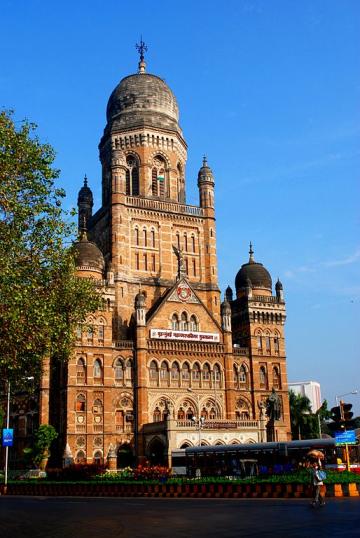Modern South Asian Studies MSc

The MSc in Modern South Asian Studies is an exciting 12-month degree bringing together Oxford’s wealth of expertise on the different states, societies, economies and cultures of South Asia within a single programme. Students gain access to teaching and expert supervision across departments, the ability to combine courses in both the social sciences and the humanities, rigorous training in one of three tailored modules in research methods, and the option to build in language training. You will graduate with skills and understanding that will give you a competitive edge as you pursue your career beyond Oxford.
Course Structure
As a student on the MSc, you may choose to explore present-day India’s social, economic and political achievements and challenges, and the connections between the country’s democratic and developmental successes and failures, or to range more broadly across the states and societies of the subcontinent. Students may pursue any combination of interests, including history, literature, language, religion, economy and interstate relations.
The course comprises five components: the core course, a module in research methods, two option papers, and the thesis.
Teaching, Learning and Assessment
All students attend the core course, introducing modern South Asia across the disciplines. Delivered by faculty members with a range of specialisations, the course explores both individual states within the region and the connections and comparisons between them.
You will also receive training in research methods, though one of the following specially tailored programmes:
• research methods for area studies, both qualitative and quantitative
• qualitative and historical methods
• qualitative methods: literature and language (this option will run only if a minimum of three students sign up for it, otherwise a combined qualitative module will run covering both historical methods and methods relevant to literature and language)
You will also choose two option papers from the list below.
· Gender in Indian History and Society, c. 1800 to the present
· Societies and Economies in India, c. 1600-1800
· Themes in the History of Pakistan
· History and Politics of South Asia
· Economic Development of South Asia 1947-2017
· International Relations of South Asia
· The Anthropology of South Asia
· India as a ‘Great Power’: Economics and International Relations
· Trade and Exchange in South Asia: Transcultural Objects, Relations and Identities
· Education, State and Society in South Asia
· Advanced language (for students who already have a grounding)
Please note that options will change from time to time, and not all will be run every year.
During the course of the year, you will select a topic for your 12,000-word thesis and receive expert supervision.
The MSc is jointly taught by staff within the social sciences and humanities, who will also assess your application. The application process is administered by the Oxford School of Global and Area Studies (OSGA).
Students on the course will experience a variety of teaching modes, including lectures, seminars, classes, student presentations, and small group teaching. Supervision for the thesis will be offered as a series of individual meetings between you and your thesis supervisor.
You will be required to gather relevant materials for your thesis during the course, usually by working in libraries and archives in the UK, but potentially also via fieldwork.
Assessment is through a combination of coursework, assessed essays, written examinations and the thesis.
Please see the Course Handbook for 2017-18 for more information. (Please note information in the handbook relates specifically to the year for which it was published and information may change in future years.)
Future Careers
We aim to equip our graduates with a range of valuable skills which will enable them to compete successfully within a number of different careers - in the civil service and policy-making bodies in Britain, Europe and further afield, in non-governmental organisations concerned with development, in the charitable sector, in journalism, public and private sector research and consultancy, law and academia. The MSc is a valuable preparation for students wishing to go on to doctoral (PhD/DPhil) research. Whatever your career plans, Oxford offers valuable resources and advice to graduating students.
Related courses
- MPhil in Modern South Asian Studies
- MSt in Global and Imperial History
- MPhil in Development Studies
- MSt in Oriental Studies
- DPhil in Area Studies
- DPhil in Oriental Studies
- Oxford 1+1 MBA
For further information about this course please contact admissions@area.ox.ac.uk.



